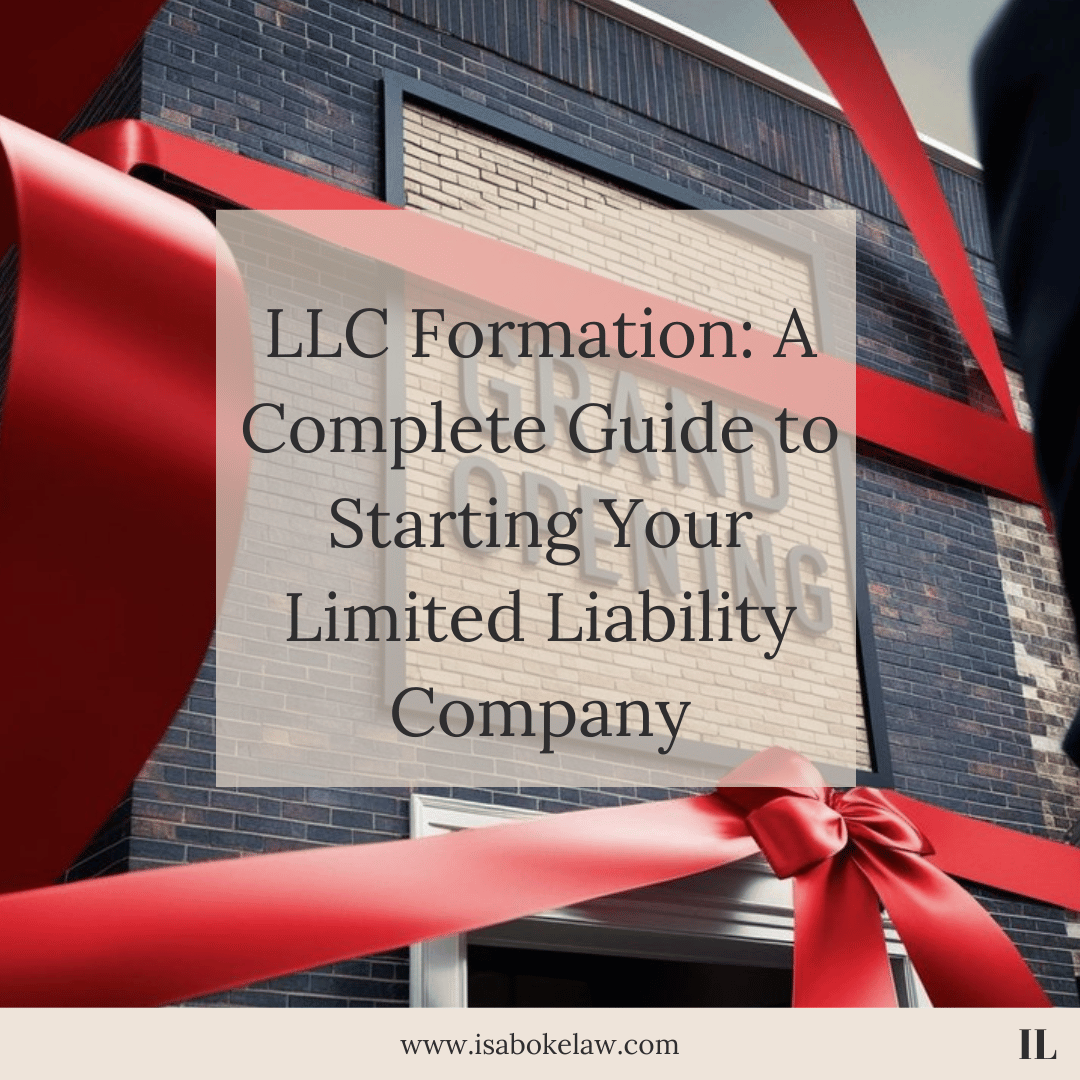
What to Include in a Freelance or Contractor Agreement in North Carolina

Sale of NC’s Oldest Dairy Queen Highlights the Importance of Business Sales and Succession Planning in Charlotte
When the oldest Dairy Queen in North Carolina sold for $1.1 million in Charlotte, it became a real-world example of how careful legal planning ensures a smooth transfer of business ownership. Learn how business owners can protect their legacy and navigate the complexities of buying and selling businesses in Charlotte.

Shell, Umbrella, and Holding Companies: What’s the Difference & Which Is Right for You?
Choosing the right corporate structure can make all the difference in how smoothly your business operates. Shell companies, umbrella entities, and holding companies each serve distinct purposes from safeguarding assets to overseeing multiple subsidiaries, yet the nuances between them can be confusing. In this post, we break down how these structures work, the benefits they offer, and the key considerations to keep in mind before you decide which is right for your North Carolina business. Whether you’re looking to protect intellectual property, streamline administrative tasks, or centralize ownership for multiple ventures, understanding the pros and cons of each option will help ensure your organization is set up for long-term success.

Business Succession Planning in Charlotte: Securing Your Company’s Legacy
Whether you’re passing down your enterprise to family or selling it outright, succession planning is key to a seamless transition. Our blog post outlines the strategies we employ to protect your assets and preserve your life’s work.

The Cost of Litigation vs. Mediation: Which Path Is Right for Your Business?
From time and cost savings to confidentiality benefits, mediation offers distinct advantages over courtroom battles. Learn how Isaboke Law Firm helps you weigh the pros and cons so you can choose the best path for your business dispute.

Local Business Spotlight: The Top Legal Questions Startups Ask, Answered!
Thinking of starting your own venture? We’ve gathered the most frequently asked legal questions from Charlotte-based entrepreneurs and answered them in one place. Read on to see if your question made the list!

When a Verbal Agreement Isn’t Enough: How to Secure Your Interests Legally
Verbal promises often leave room for misunderstandings. We break down why written agreements are crucial in North Carolina and outline how our firm works to protect clients from the pitfalls of handshake deals.

LLC Formation: A Complete Guide to Starting Your Limited Liability Company
Starting an LLC is a smart way to protect your personal assets while running your business. From choosing a name to filing paperwork and getting an EIN, the LLC formation process is simple when you follow the right steps. Ready to form your LLC? Here’s what you need to know.

Preventing Employee Lawsuits: A Quick Legal Checklist for NC Employers
Employment-related disputes can cost businesses more than just money. This post highlights the essential policies, handbooks, and HR measures your company needs and how our legal team helps you implement them to maintain a healthy workplace.

5 Reasons Charlotte Entrepreneurs Need a Solid Contract—Even with Friends
Informal deals with friends or family can turn sour if not properly documented. Learn about the key elements of a bulletproof contract and how Isaboke Law Firm safeguards your personal relationships and professional interests.

